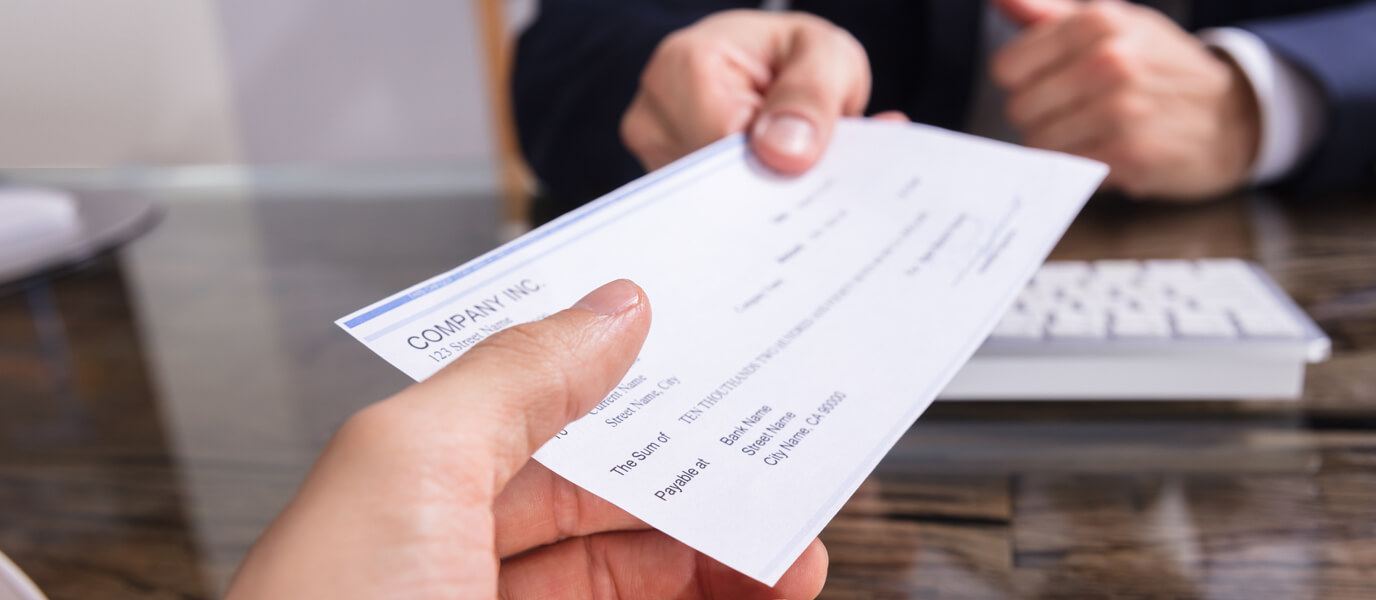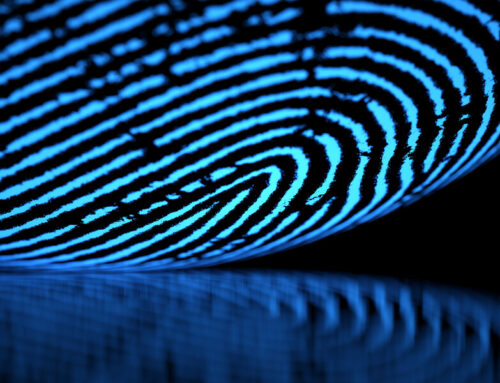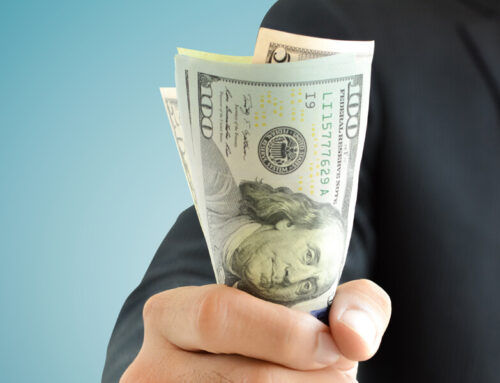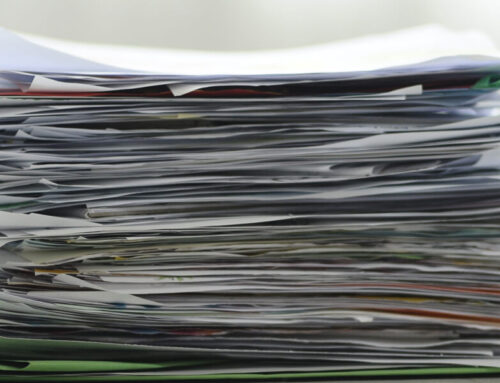Fraud is potential risk faced by just about everyone in the United States, including individuals, corporations, court systems, governments, nonprofits, and more. At its worst, fraud can cause these people and organizations to potentially lose all of their money — and, in some cases, these funds might never be recovered.
One of the most common types of fraud in the United States is check fraud. And contrary to popular belief, check fraud is not just limited to fake paper checks or forged signatures. In fact, there are many different types of check fraud you might encounter, and each of these types of fraud can pose unique dangers to your finances.
Learning about common check fraud schemes — and learning how to combat them — is important. Below, we will discuss some of the most important things for you to know about check fraud.
What is check fraud?
The term “check fraud” is somewhat broad and includes many different sub-categories of criminal activity. However, generally speaking, check fraud includes any sort of activity in which a person intentionally deceives another using either paper or digital checks.
Check fraud requires the intentional or deliberate deception of another person — it is categorically, and legally, distinct from the common mistakes that occur within the checking community. Not all check fraud immediately results in all of your accounts being drained. Sometimes, check fraud schemes can very sophisticated and will take place over several years.
Types of check fraud
Check fraud can affect anyone that uses checks, wires, or other types of direct payments between accounts. As suggested, this includes individual buyers, governments and courts, large and small businesses, and nearly all other legal entities.
Some of the most common types of check fraud include:
- Identity Theft Check Fraud: using stolen information, an identity theft will open a bank account in another person’s (the victim’s) name. They will then begin writing bad checks until the bank finally catches on—which can sometimes take weeks or even longer.
- Check Forgery: using either a paper or digital check, check forgers will engage in activities such as outright writing fake checks or forging the signature of the recipient.
- Chemical Alteration: using a complex chemical process, some forgers will erase information on an already existing check and replace it with new information (such as a larger dollar amount or a new recipient).
- Paperhanging: one of the most common types of check fraud, paper hanging involves deliberately writing bad checks you know cannot be cashed (due to the account being closed, insufficient funds, etc.). By the time the bank catches on, the initial check issuer might already be gone.
- Check Floating: a more advanced (and sometimes less nefarious) version of paperhanging, check floating involves writing a check you know is not good right now, but will likely be good by the time the “float” period ends. People will occasionally do this to buy some time near their pay day, but it is inherently risky and is still considered a form of check fraud.
These are just a few of the activities that might constitute check fraud. Both the person issuing the check and the person receiving (or cashing) the check should take active measures to ensure that fraud is prevented.
Check fraud statistics
Many people assume that check fraud has become a relic of years past. Unfortunately, however, check fraud still occurs very regularly—both in the United States and elsewhere around the world—and can create a wide array of problems for businesses and individuals alike.
- About 2 million bad checks are processed through the clearing house system every day
- In 2016 (the most recent year with reliable data), check fraud accounted for about $789 million dollars of uncompensated damages
- Paying by paper check makes people statistically more likely to fall victim to fraud—and it costs more per payment as well
- About half of all large fraud losses involve someone with “inside information” that the victim personally knew
A significant portion of Americans will fall victim to check fraud every year—especially if they are highly reliant on using paper checks to give or receive payments.
Problems created by check fraud
Naturally, the most common concern people have about check fraud is that, in the event of fraud, they might never get their missing funds returned to them. But even if these funds are returned, other problems can still emerge.
For example, the Superior Court of Clayton County, Georgia experienced three instances of check fraud within a single six-month period, with the last being due to a juror stealing thousands of dollars. Every time these events occurred, the Court was forced to change their bank account information.
“Our checking account fell victim to fraudulent checks totaling thousands of dollars masterminded by a juror who had received a paper check from us. This wasn’t the first time we had dealt with this.” — Clerk of Superior Court, Clayton County, GA
For businesses and individuals, check fraud can create other issues as well. For businesses, a single instance of fraud or other payment issues—even if it was not your fault—could very easily cause you to lose your customer base. At the individual level, unchecked instances of fraud can potentially cause long-term damage to your credit score (which may be difficult to reverse) or leave your other finances at risk. Being proactive and taking steps to prevent check fraud will be extremely beneficial.
Check fraud solutions
Luckily, there are plenty of things that businesses and governments can do to potentially eliminate the risk of check fraud.
- Implement and use a contactless payment disbursement method to immediately make safe payments and avoid putting critical information at risk
- Use positive pay, which is an innovative practice banks use to ensure that checks are not cashed until they have been approved by the issuer’s bank
- Create separate, unique passwords for all digital financial accounts — and change these passwords on a regular basis
- Regularly check all financial statements for possible signs of fraud and other red flags
- If you are worried that fraud is likely to occur in the future, consider changing bank account and checking numbers, or even changing banks
Take proactive steps against check fraud
Being proactive about your approach to check fraud will be much better than being reactive and only taking action once the damage has occurred. With the right knowledge and technologies in hand, you can play an active role in preventing check fraud.
Rapid Financial Solutions enables businesses, governments, associations, and non-profits to eliminate check fraud and manage disbursements with ease. Learn more about our pay disbursement solutions here.





